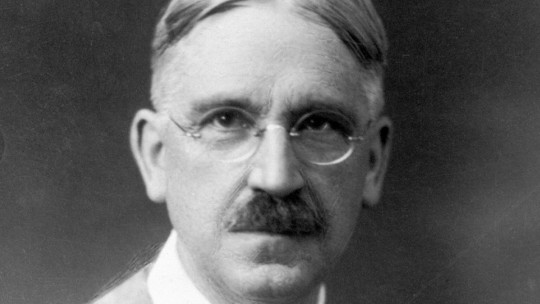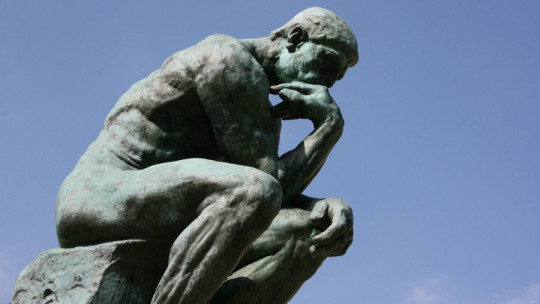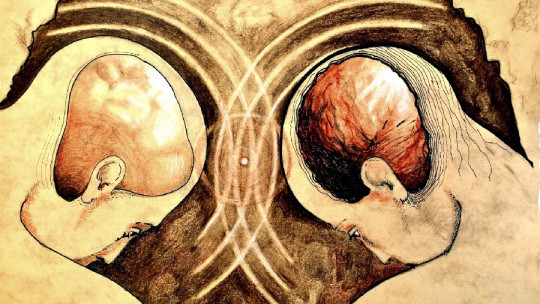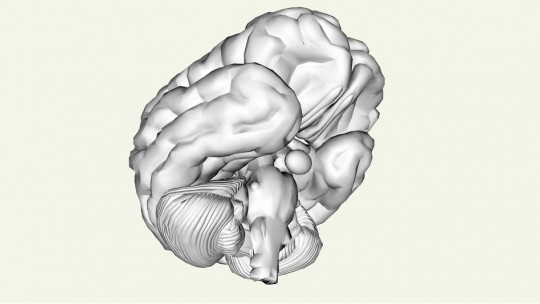Pragmatism is the philosophical position which defends that philosophical and scientific knowledge can only be considered true based on its practical consequences. This position emerged between the cultural atmosphere and the metaphysical concerns of American intellectuals in the 19th century, and reached its peak within the philosophical currents that reacted to positivism.
Currently, pragmatism is a widely used and widespread concept not only in philosophy, but in many areas of social life, it is even beginning to be identified as a philosophical attitude, with which we can say that its postulates have been transformed and applied in a different way. many different ways. Below we will do a very general review of its history and some key concepts.
What is pragmatism?
Pragmatism is a philosophical system that formally emerged in 1870 in the United States and that, broadly speaking, proposes that Only knowledge that has practical usefulness is valid
It is developed mainly under the proposals of Charles Sanders Peirce (who is considered the father of pragmatism), William James and later John Dewey. Pragmatism is also influenced by the knowledge of Chauncey Wright, as well as by the postulates of Darwinian theory and English utilitarianism.
Come the 20th century, its influence declined in an important way. However, it gained popularity again in the 1970s, thanks to authors such as Richard Rorty, Hilary Putnam and Robert Brandom; as well as Philip Kitcher and How Price, who have been recognized as the “New Pragmatists.”
Some key concepts
Over time we have used many tools to ensure that we can adapt to the environment and that we can make use of its elements (that is, survive).
Without a doubt, many of these tools have emerged from philosophy and science. Precisely, pragmatism suggests that the main task of philosophy and science should be generate knowledge that is practical and useful for these purposes.
In other words, the maxim of pragmatism is that hypotheses should be drawn in accordance with what their practical consequences would be. This suggestion has had repercussions on more specific concepts and ideas, for example, on the definition of ‘the truth’, on how to delimit the starting point of research, and on the understanding and importance of our experiences.
The truth
What pragmatism does is stop paying attention to the substance, essence, absolute truth or nature of phenomena, to pay attention to their practical results. Thus, scientific and philosophical thought They are no longer intended to know metaphysical truths but rather to generate the necessary tools so that we can make use of what surrounds us and adapt to it according to what is considered appropriate.
In other words, thought is only valid when it is useful to ensure the conservation of certain ways of life, and serves to guarantee that we will have the necessary tools to adapt to them. Philosophy and scientific knowledge have one main purpose: detect and satisfy needs
In this way, the content of our thoughts is determined by the way we use them. All the concepts that we construct and use are not an infallible representation of the truth, but we find them true a posteriori, once they have served us for something.
In contrast to other proposals of philosophy (especially Cartesian skepticism that doubted experience because it fundamentally trusted in the rational), pragmatism proposes an idea of truth that is not substantial, essential, or rational , but it exists insofar as it is useful to preserve ways of life; question that is reached through the terrain of experience.
The experience
Pragmatism questions the separation that modern philosophy had made between cognition and experience. It says that experience is a process through which we obtain information that helps us recognize our needs. Therefore, pragmatism It has been considered in some contexts as a form of empiricism
Experience is what gives us the material to create knowledge, but not because it contains special information in itself, but rather we acquire that information when we come into contact with the outside world (when we interact and experience it).
Thus, our thinking is built when we experience things that we assume are caused by external elements, but that, in reality, make sense only at the moment in which we perceive them through our senses. Whoever experiences is not a passive agent that only receives external stimuli, is rather an active agent that interprets them.
One of the criticisms of pragmatism has been derived from this: for some it seems to maintain a skeptical stance towards world events.
The investigation
In line with the two previous concepts, pragmatism maintains that the center of epistemological concerns should not be to demonstrate how knowledge or absolute truth about a phenomenon is acquired.
Rather, these concerns should be oriented toward understanding how we can create research methods that contribute to making a certain idea of progress feasible Research is then a communal and active activity, and the method of science has a self-correcting character, for example, it has the possibility of being verified and weighed.
From this it follows that the scientific method is the experimental method par excellence, and the material is empirical. Likewise, research begins by posing a problem in a situation that is indeterminate, that is, research serves to replace doubts with established and well-founded beliefs
The researcher is a subject who obtains empirical material from experimental interventions, and poses hypotheses according to the consequences that his own actions would have. Thus, research questions must be aimed at solving specific problems.
Science, its concepts and theories, are an instrument (they are not a transcription of reality) and are intended to achieve a specific purpose: facilitate an action.









